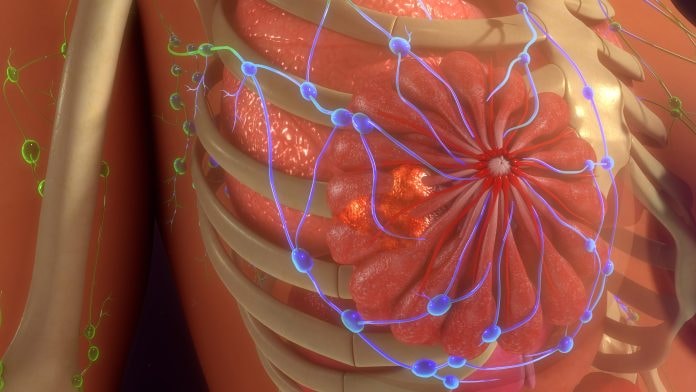
American scientists have demonstrated for the first time that it is possible to detect and eliminate “dormant” breast cancer cells remaining after treatment with existing drugs, opening up a new direction to prevent the disease from recurring.
A phase 2 clinical trial conducted by the Abramson Cancer Center and the Perelman School of Medicine at the University of Pennsylvania, published in the journal Nature Medicine, showed that the repositioned drugs were able to eradicate latent tumor cells in 80% of the patients. After 3 years, the recurrence-free survival rate exceeded 90% for patients taking a single drug, and reached 100% for those taking the two drugs together.
Breast cancer has improved survival rates, but if it recurs, it cannot be cured. About 30% of patients will experience this, with aggressive forms such as triple-negative or HER2+ breast cancer returning after a few years, while ER+ cancers can return after decades.
“Hibernating” cells, also known as minimal residual disease (MRD), cannot be detected by conventional imaging techniques but can reactivate, leading to metastasis.
Preclinical studies in mice showed that two drugs already approved by the FDA for other diseases could clear MRD, by targeting autophagy and mTOR signaling—pathways that help tumor cells maintain a latent state.
In the CLEVER trial, 51 post-treatment breast cancer patients underwent bone marrow screening. Those with MRD were randomized to receive either single-drug therapy or the two-drug combination for six cycles. After a median follow-up of 42 months, only two relapses were reported.
The team is now launching two larger trials — ABBY and PALAVY — at multiple cancer centers in the US to confirm and expand on the results.
Source: https://baohaiphong.vn/thu-nghiem-xoa-so-te-bao-ngu-dong-gay-tai-phat-ung-thu-vu-519887.html





![[Photo] Prime Minister Pham Minh Chinh chairs the Government's online conference with localities](https://vphoto.vietnam.vn/thumb/1200x675/vietnam/resource/IMAGE/2025/10/5/264793cfb4404c63a701d235ff43e1bd)
![[Photo] Prime Minister Pham Minh Chinh launched a peak emulation campaign to achieve achievements in celebration of the 14th National Party Congress](https://vphoto.vietnam.vn/thumb/1200x675/vietnam/resource/IMAGE/2025/10/5/8869ec5cdbc740f58fbf2ae73f065076)

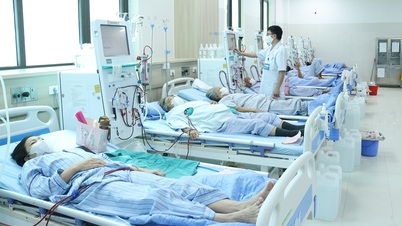



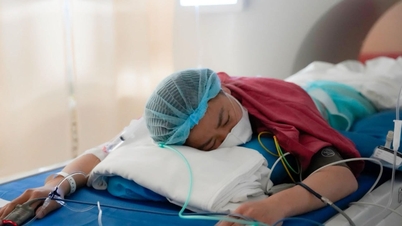

























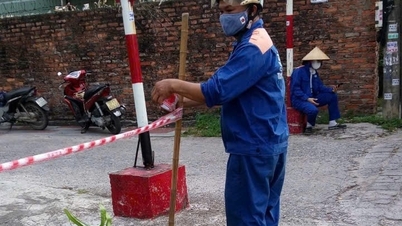
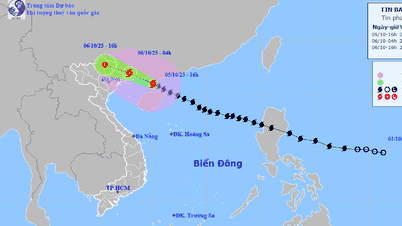
























![[VIDEO] Summary of Petrovietnam's 50th Anniversary Ceremony](https://vphoto.vietnam.vn/thumb/402x226/vietnam/resource/IMAGE/2025/10/4/abe133bdb8114793a16d4fe3e5bd0f12)

![[VIDEO] GENERAL SECRETARY TO LAM AWARDS PETROVIETNAM 8 GOLDEN WORDS: "PIONEER - EXCELLENT - SUSTAINABLE - GLOBAL"](https://vphoto.vietnam.vn/thumb/402x226/vietnam/resource/IMAGE/2025/7/23/c2fdb48863e846cfa9fb8e6ea9cf44e7)





























Comment (0)